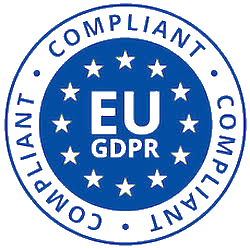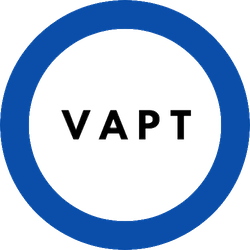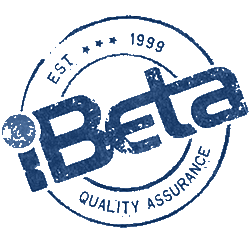A National Identity card (eID) is an easy carry document, typically a plasticized card that citizen is required to carry as a means of confirming themselves. Biometric national identity card schemes are increasingly becoming common around the world and are also commonly considered as an essential social component. It is assumed that issuing national identity cards to all the citizens would help governments to combat social malice such as terrorism, illegal immigration, fraudulent activities, as well as enable the acceleration of the social service delivery mechanism.
Nevertheless, the introduction of national identity card has been a matter of academic and policy debate. This review paper portrays an overview of the state of understanding about the benefits and concerns associated with biometric national identity schemes. Although there are strapping arguments with regard to the introduction of biometric national identity scheme, the unintended, unwelcome and unanticipated consequences of such a high-tech scheme must be critically assessed. It is suggested that in order to combat or control social threats and vices, social resistance is more important than the introduction and use of sophisticated technology.
What is Kuwait’s Civil eID Card?
The Kuwait biometric-based Civil eID card, designed to serve more than three million citizens and visa holders, became operational and has entered full production. Already the first 35,000 cards have been successfully issued and more than 1 million citizens will qualify to receive a card in the coming months.
To understand the importance of this, let us realize some facts related to eID card:
- The Civil eID card is compliant with the Gulf Cooperation Council (GCC) regulations, which are designed to allow citizens of all GCC countries to travel freely between member states.
- The secure document serves as an ID document in the format of a credit card and includes overt and covert security features.
- The contact functionality allows cardholders to access eGovernment services and perform transactions simply and securely.
- Accura Scan built into the card increases speed, convenience, and security of identity verification at border crossings.
Due to significant importance, it is beyond doubt that this document is essential for millions of Kuwait citizens to showcase their individual personality in every aspect. In several government institutions, the physical process is a herculean task for the staff, it can be small tasks like allotting subsidies to its 4 million citizens. Kuwait is one of those countries which delivers heavy subsidies on most grocery or essential items. For this, eID is of extra significance as it can help authorities to access the individual’s information quicker and faster.
Now with Accura Scan covering Kuwaitian eID card, it will help the organizations and institutions in Kuwait to leverage this document within seconds. So, instead of wasting time by typing or writing down customer details or taking out paper printouts of the same, the user is just required to install Accurascan on their mobile and scan with a tap. With the use of the Accurascan app that is compatible with both iOS and Android platforms, they can easily access the person’s records accurately.
Further, Accura Scan app has a web SDK/API which can be used to integrate with the banks as their apps and the bank has the liberty to enhance the features of the Accurascan app with it. The web SDK/API is a tool kit for adding extra features or for customizing it as per the requirements. Thus, with this tool kit, the user can have a wide scope of customized applications.
Accura Scan, a pioneer in scanning technology is a perfect solution for the onboarding and KYC of the new customers.
At Accura Technolabs, it is our mission to replace the manual KYC onboarding. You can check out more information about us here https://accurascan.com/download

























